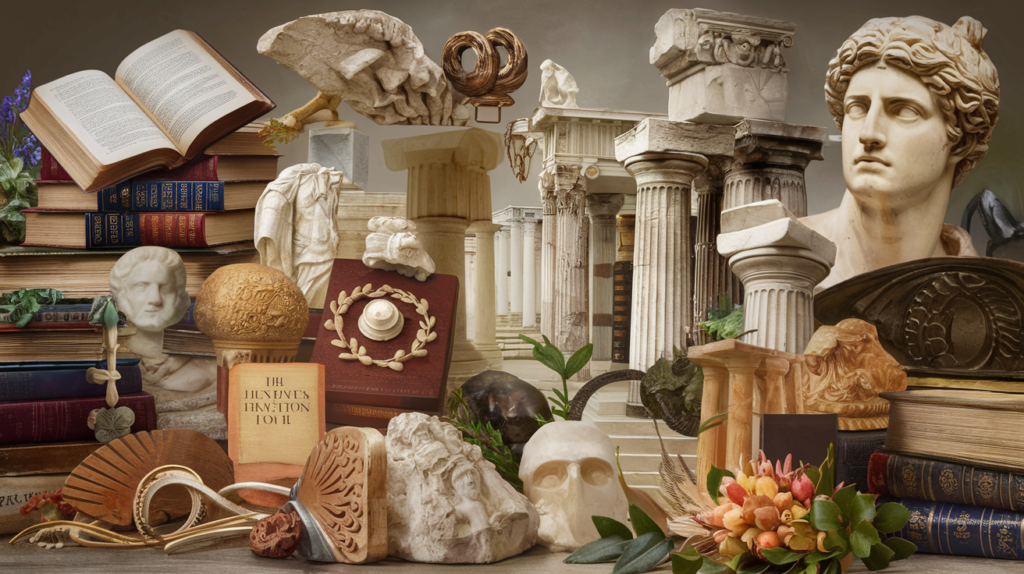Ancient Greece, a civilization renowned for its monumental achievements, is often simplified to a few iconic images: the Parthenon, the fierce Spartans, and Homer’s epic tales. Yet, much of what we think we know barely scratches the surface. For example, Ancient Greece was never a unified nation with Athens at its center, nor was it solely defined by warriors or poets. Let’s dive deeper to uncover the true story behind this epoch and why it continues to captivate us.
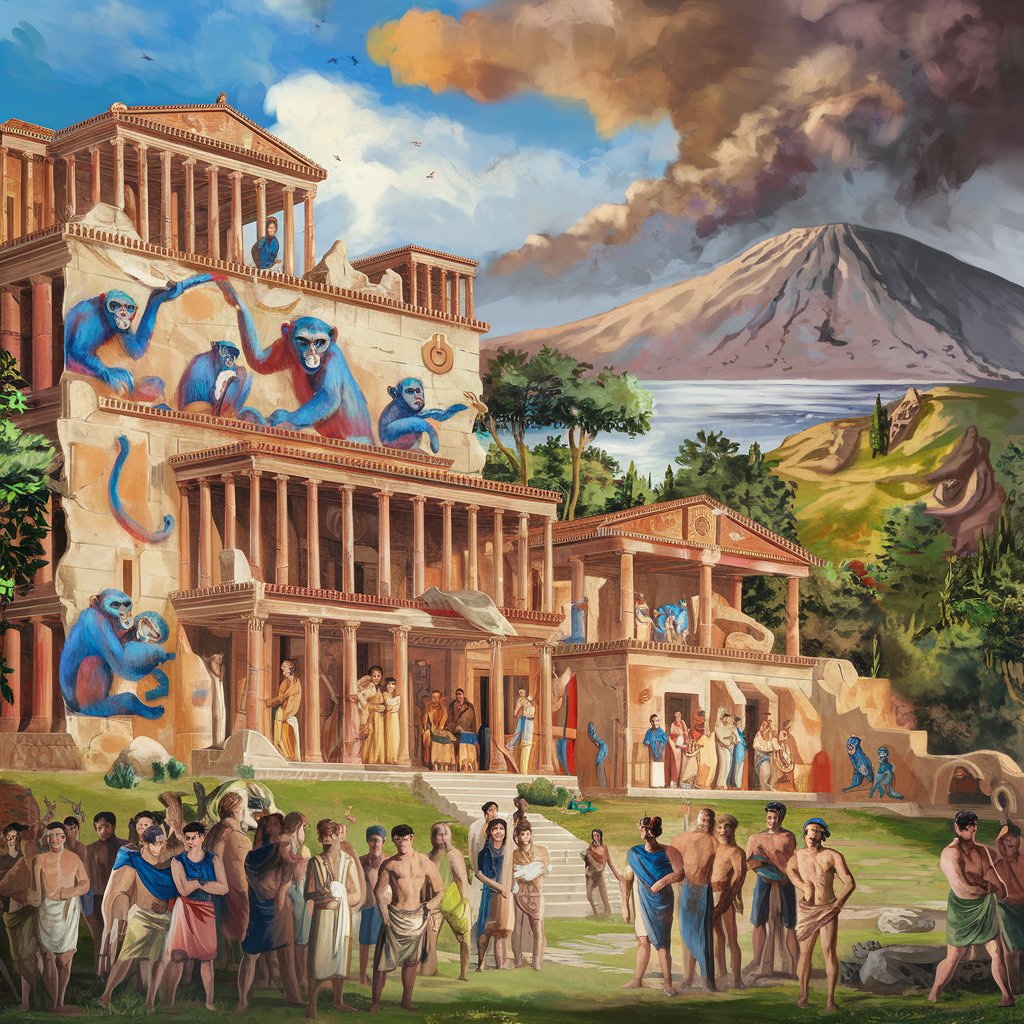
The Pre-Greek Era: The Civilization of Crete
Around 3716 years ago, as Egypt’s pyramids stood tall and Babylon boasted the legendary Tower of Babel, the island of Crete saw the rise of the Minoan civilization. Distinguished by grand three-story palaces, vibrant art, and a lack of defensive structures, the Minoans seemingly lived in harmony. They were known for their love of nature and sports, with murals depicting blue monkeys and open-air festivities. However, the catastrophic eruption on the island of Thera (modern-day Santorini) would mark the beginning of their decline. Massive tsunamis and clouds of ash destroyed Cretan infrastructure, weakening their defenses and paving the way for Greek-speaking invaders.
Mycenaean Greece and the Legends of Troy
Following the Minoans, the Mycenaeans emerged on the Greek mainland, building fortified cities like Mycenae, Thebes, and Pylos. The Mycenaeans were far more warlike, constructing massive walls and amassing wealth through trade and conquest. Their role in the Trojan War, immortalized by Homer’s Iliad, was long considered myth until archaeologist Heinrich Schliemann unearthed the ruins of both Troy and Mycenae in the 19th century. Yet this Mycenaean civilization too would collapse under waves of invasions, leading to what we now call the Greek Dark Ages.

The Greek Dark Ages and the Dawn of Homer
The following centuries saw widespread illiteracy and isolation among Greek communities. However, the stories of this period survived through oral traditions, eventually forming the foundation of Homer’s Iliad and Odyssey. These epics, though recorded centuries later, reflect the society of their time, where kings ruled based on wealth, not lineage, and people lived with humble means compared to their ancestors.
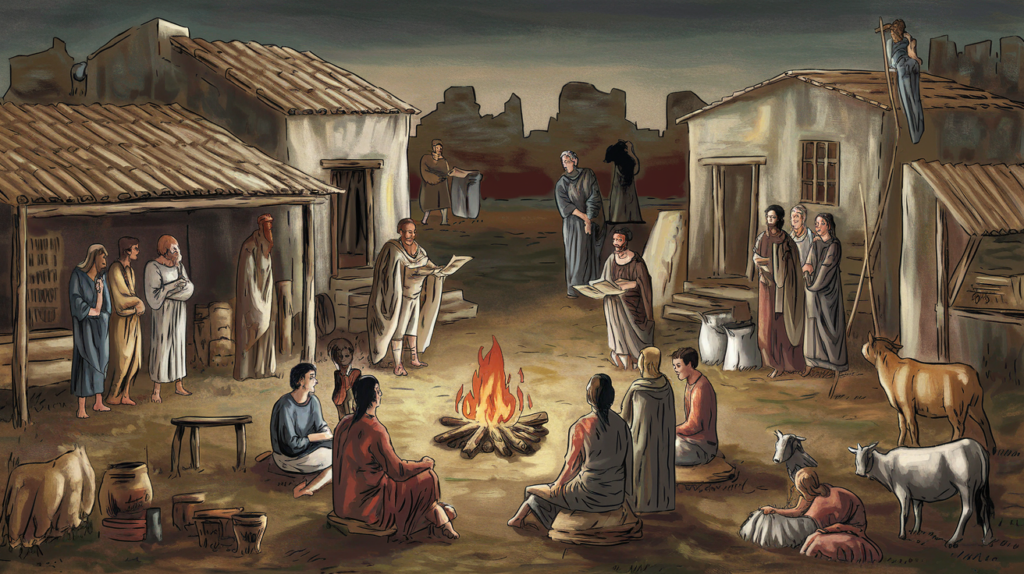
The Rise of the Polis and Greek Colonization
Emerging from the Dark Ages, Greeks formed independent city-states, or poleis, each with its own culture, governance, and identity. Due to limited arable land, Greeks established colonies across the Mediterranean, from present-day Ukraine to southern France. This period also marked the spread of the Greek alphabet, derived from the Phoenician script, laying the groundwork for Greek literacy and literature.
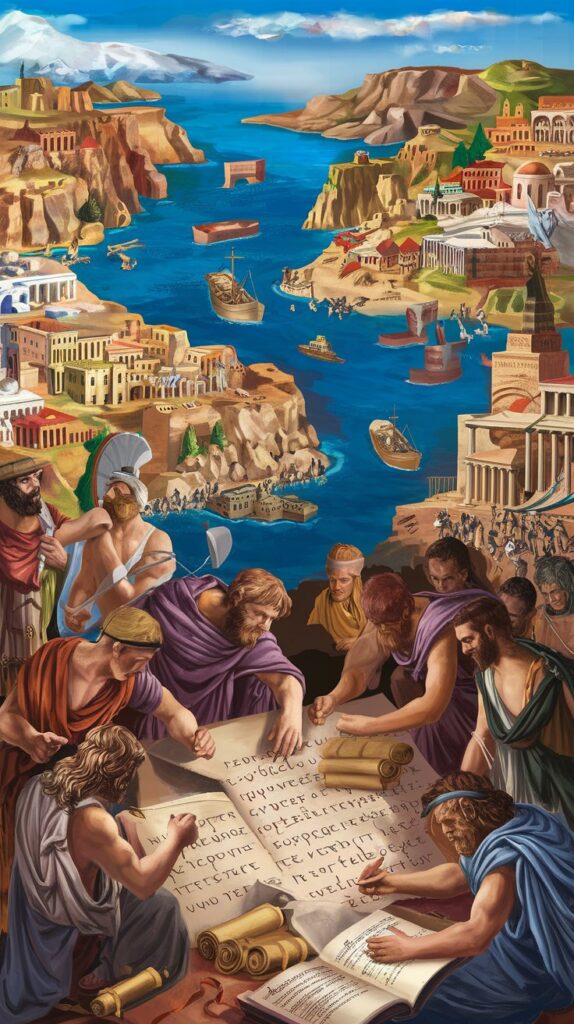
Athens and Sparta: A Tale of Two Cities
Among the numerous Greek poleis, Athens and Sparta stood out for their vastly different societies. While Sparta transformed into a militarized state focused on controlling a large slave population (helots), Athens embraced democracy, where citizens could directly participate in governance. Although limited to free Athenian males, this system was revolutionary, laying the groundwork for modern political thought.
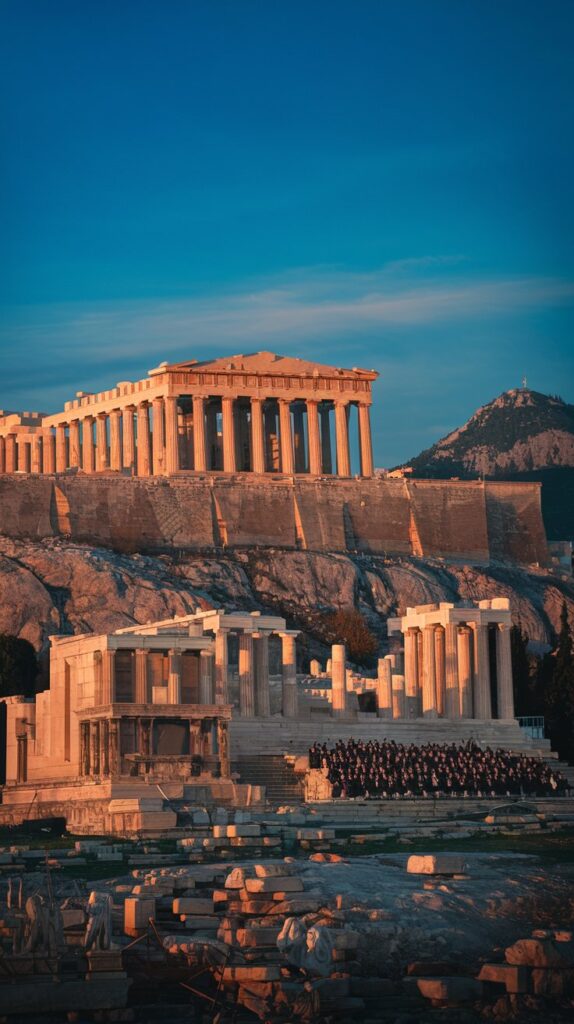
The Persian Wars and the Birth of Classical Greece
In the 5th century BCE, Greece faced an existential threat from the Persian Empire. The Greeks, with their phalanx formations and naval prowess, managed to repel Persian invasions at battles like Marathon and Salamis. The subsequent victory fostered a sense of Greek unity and led to the Golden Age of Athens, where statesman Pericles transformed the city into a cultural hub, funding monumental works like the Parthenon—a structure serving not only as a temple but as a treasury for the Delian League.


The Peloponnesian War: Athens vs. Sparta
Tensions simmered between Athens and Sparta, culminating in the Peloponnesian War. This brutal conflict saw Athens suffer from plague, political turmoil, and military defeats. The war ended with Athens’ surrender, marking the decline of the Classical Greek era and the rise of Macedonian power.
The Hellenistic Age and Alexander the Great
Alexander the Great, tutored by Aristotle and fueled by his father Philip II’s ambition, expanded Greek influence as far as India. His conquests blended Greek culture with Persian, Egyptian, and Indian traditions, creating the Hellenistic world. This era of cultural fusion spread Greek language and ideas across the Near East, establishing a legacy that would shape the subsequent Roman Empire.

Legacy of Ancient Greece
Ancient Greece left an indelible mark on the world. From democracy and philosophy to art, architecture, and theater, its influence continues to inspire. By looking beyond the popularized myths, we can appreciate the diverse and dynamic history of Ancient Greece—a civilization that never truly unified, but whose impact remains profound.
